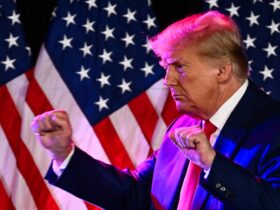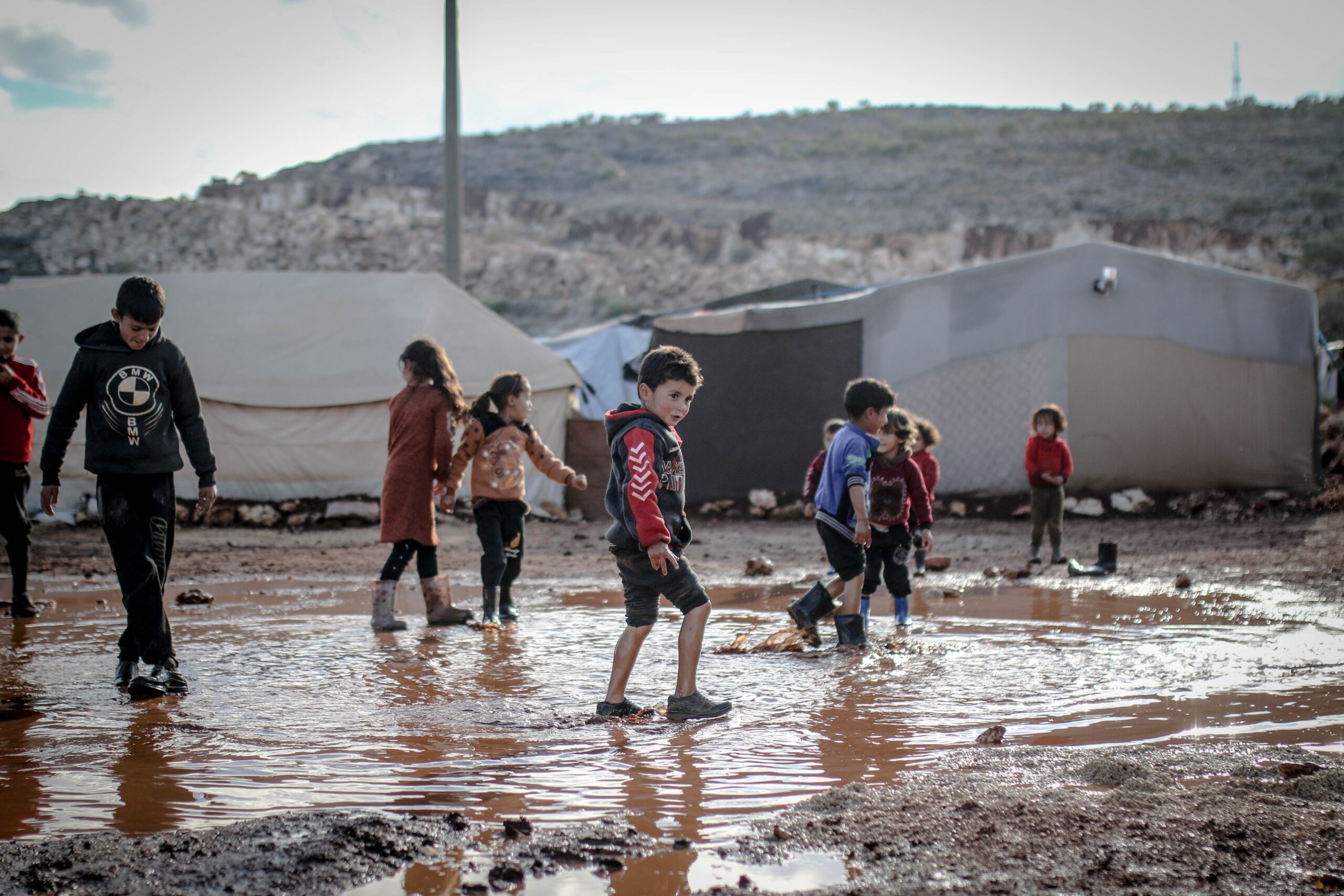By Agence France-Presse
Eight South American countries agreed Tuesday to launch an alliance to fight deforestation in the Amazon, vowing at a summit in Brazil to stop the world’s biggest rainforest from reaching “a point of no return.”
The closely watched summit of the Amazon Cooperation Treaty Organization (ACTO) adopted what host country Brazil called a “new and ambitious shared agenda” to save the rainforest, a crucial buffer against climate change that experts warn is being pushed to the brink of collapse.
The group’s members — Bolivia, Brazil, Colombia, Ecuador, Guyana, Peru, Suriname and Venezuela — signed a joint declaration in Belem, at the mouth of the Amazon River, laying out a nearly 10,000-word roadmap to promote sustainable development, end deforestation and fight the organized crime that fuels it.
But the summit stopped short of environmentalists’ and Indigenous groups’ boldest demands, including for all member countries to adopt Brazil’s pledge to end illegal deforestation by 2030 and Colombia’s pledge to halt new oil exploration.
“It’s a first step, but there isn’t a concrete decision, just a list of promises,” said Marcio Astrini, head of the Brazil-based Climate Observatory coalition.
“The planet is melting, temperature records are being broken every day… it is not possible for eight Amazonian leaders to fail to put in a declaration in bold letters that deforestation must be zero,” he added.
In his opening speech of the two-day summit, Brazilian President Luiz Inacio Lula da Silva emphasized that the “severe worsening of the climate crisis” required action “in unison.”
“It has never been so urgent,” he said in remarks just hours after the European Union’s climate observatory confirmed July had been the hottest month ever recorded.
Colombian President Gustavo Petro meanwhile called for a massive program to cancel developing countries’ debt in exchange for action to protect the climate, linking the idea to the post-World War II “Marshall Plan.”
“If we’re on the verge of extinction and this is the decade when the big decisions have to be made… then what are we doing, besides giving speeches?” he said.
Vital carbon sink
Seeking to pressure the gathered heads of state, hundreds of environmentalists, activists and Indigenous demonstrators marched to the conference venue in Belem, urging bold action.
It is the first summit in 14 years for the eight-nation group, set up in 1995 by the South American countries that share the Amazon basin.
Home to an estimated 10 percent of Earth’s biodiversity, 50 million people and hundreds of billions of trees, the vast Amazon is a vital carbon sink, reducing global warming.
But scientists warn the destruction of the rainforest is pushing it dangerously close to a tipping point, beyond which trees would die off and release carbon rather than absorb it, with catastrophic consequences for the climate.
Regional leaders appeared divided on some issues.
Colombia’s Petro is pushing other countries to adhere to his pledge to ban all new oil exploration — a touchy subject for some members, including Brazil, whose state-run oil company is controversially seeking to explore new offshore blocks at the mouth of the Amazon River.
“Achieving zero deforestation isn’t even enough to absorb all our carbon emissions,” Petro said.
“The solution is to stop burning coal, oil and gas.”
Lula test
The summit is something of a dress rehearsal for the 2025 UN climate talks, which Belem will host.
Lula, Petro, Bolivian President Luis Arce and Peru’s Dina Boluarte were all present.
Venezuelan President Nicolas Maduro, absent due to an ear infection, sent Vice President Delcy Rodriguez, while Ecuador, Guyana and Suriname were represented by high-level officials.
Arce urged wealthy nations to help fund efforts to protect the Amazon.
“All the responsibility for the climate crisis and its consequences shouldn’t fall on our shoulders and our economies. We’re not the ones who created the crisis,” he said.
The summit is a key test for veteran leftist Lula, who previously served as president from 2003 to 2010 and returned to office in January, vowing “Brazil is back” in the fight against climate change, after four years of massive deforestation under his far-right predecessor, Jair Bolsonaro.
Indigenous groups — whose lands are crucial buffers against the destruction of the world’s forests, according to experts — urged South American leaders to take decisive action.
“Our struggle isn’t just for Indigenous peoples,” said Nemo Guiquita, head of Ecuadoran Indigenous confederation CONFENIAE.
“It’s for the entire world, so future generations can survive on this planet,” she told AFP.










Leave a Reply